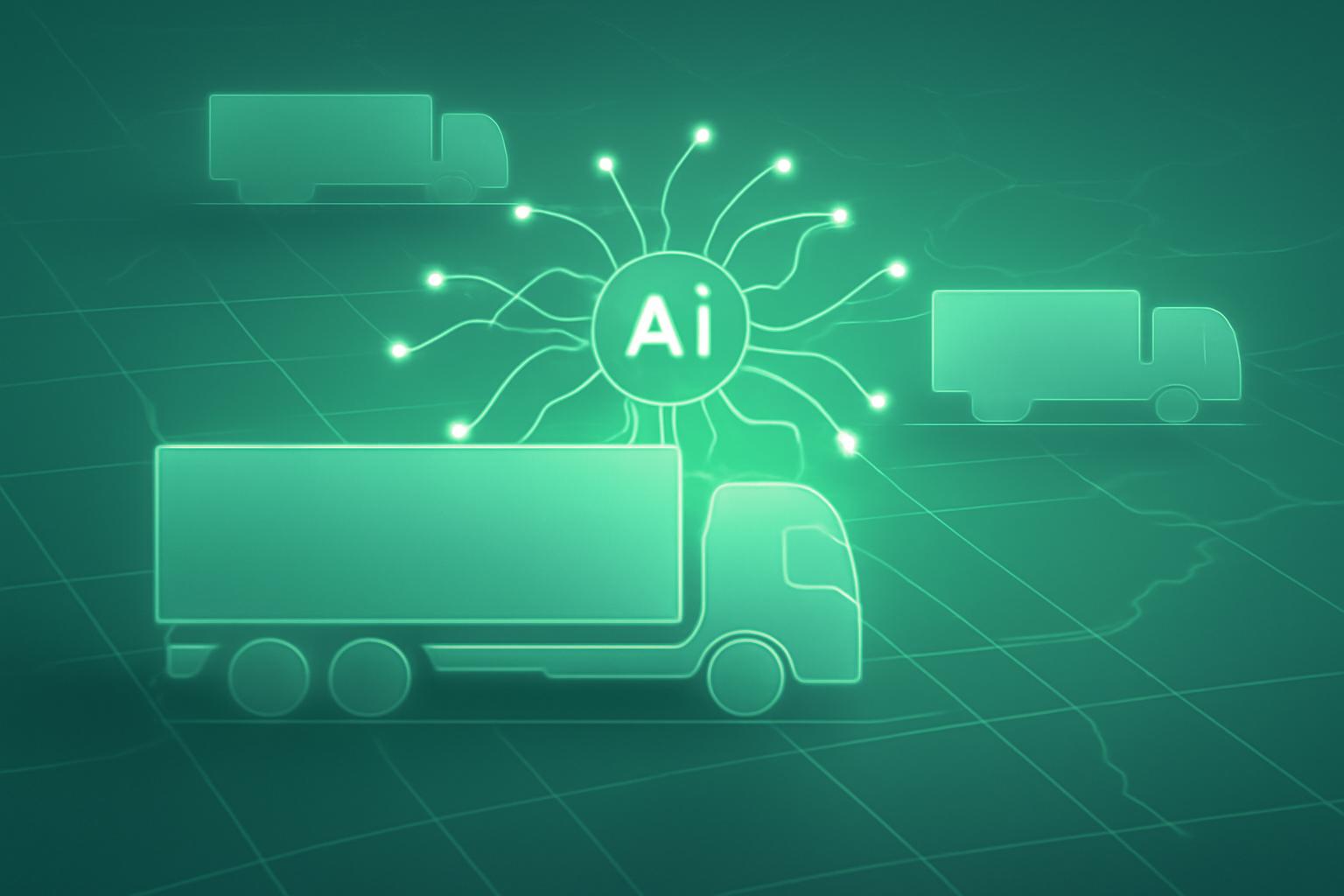FleetWorks Secures $17M to Modernize Cargo Matching for Truckers
FleetWorks, a startup founded by former Uber Freight product manager Paul Singer, has raised $17 million to accelerate the adoption of artificial intelligence in the trucking industry. The company aims to modernize how small trucking companies and brokers connect, enabling faster and more efficient cargo matching across the United States. Emerging from Y Combinator’s Summer 2023 cohort, FleetWorks has quickly onboarded over 10,000 carriers and multiple brokers—including Uber Freight—onto its AI-driven marketplace within just six months of operation.Series A Funding Led by First Round Capital
The $17 million funding round, which includes a $15 million Series A led by First Round Capital’s Bill Trenchard, will fuel FleetWorks’ hiring, commercial expansion, and product innovation efforts. Other investors participating include Y Combinator, Saga Ventures, and LFX Venture Partners.“We chose First Round Capital because they truly understand the nuances of building a marketplace company,” said Paul Singer. “They are the preeminent early-stage investor with a deep grasp of our vision.” Bill Trenchard, who also invested early in Flexport, emphasized the transformative potential of AI in managing logistics transactions, especially for small businesses.“Traditional software falls short in this space. AI allows for dynamic, open-ended conversations that uncover real business needs, rather than forcing users through rigid processes,” Trenchard explained.AI-Powered Communication and Matching
FleetWorks focuses on optimizing the communication channels that underpin trucking logistics. By adapting to each carrier’s preferred mode of contact—whether phone, text, or portal interaction—the AI dispatcher personalizes engagement and streamlines the matching process.- Detects trucker availability and location.
- Negotiates pricing and cargo requirements.
- Accounts for special conditions, such as safety gear requirements or driver schedules.
“Freight is more fluid than often perceived. Appointment times and prices evolve as pickup times approach, and our AI adapts in real time to these changes,” Singer noted. FleetWorks employs a sophisticated architecture of specialized AI models to minimize errors and ensure accurate matching, with an always-on dispatcher orchestrating these components.Positioning Amidst AI and Logistics Innovation
FleetWorks operates in a competitive landscape where several startups and established firms are integrating AI into shipping and logistics. For example, YC-backed Oway focuses on maximizing truckload efficiency, while Uber Freight and Flexport have developed AI tools tailored for their large-scale clients. Unlike some platforms that emphasize load optimization or global shipping, FleetWorks concentrates on the nuanced communication and relationship dynamics between brokers and small carriers, a segment that comprises the majority of the U.S. trucking industry. Singer highlights the importance of change management and user education in deploying AI solutions effectively, drawing on lessons learned from his tenure at Uber Freight.“Building the AI is only part of the challenge. Helping customers adopt it and realize its business impact is equally critical,” Singer said. Trenchard concurs, noting that FleetWorks’ approach respects existing business workflows, minimizing disruption while enhancing operational capabilities.“AI fits seamlessly into current behaviors rather than forcing wholesale changes in how business is conducted,” he added.FinOracleAI — Market View
FleetWorks’ AI-driven marketplace addresses a critical pain point in the fragmented U.S. trucking sector by reducing transactional friction and enhancing communication between carriers and brokers. The $17 million capital infusion provides a solid foundation for scaling both product capabilities and market reach.- Opportunities: Accelerated adoption of AI in logistics; expansion into under-digitized small carrier segment; potential partnerships with major brokers and freight platforms.
- Risks: Market competition with established players; reliance on AI accuracy and user trust; challenges in scaling personalized communication models.
Impact: FleetWorks is poised to positively disrupt the trucking logistics market by leveraging AI to automate complex matching processes, reducing operational overhead for small carriers and brokers alike.













